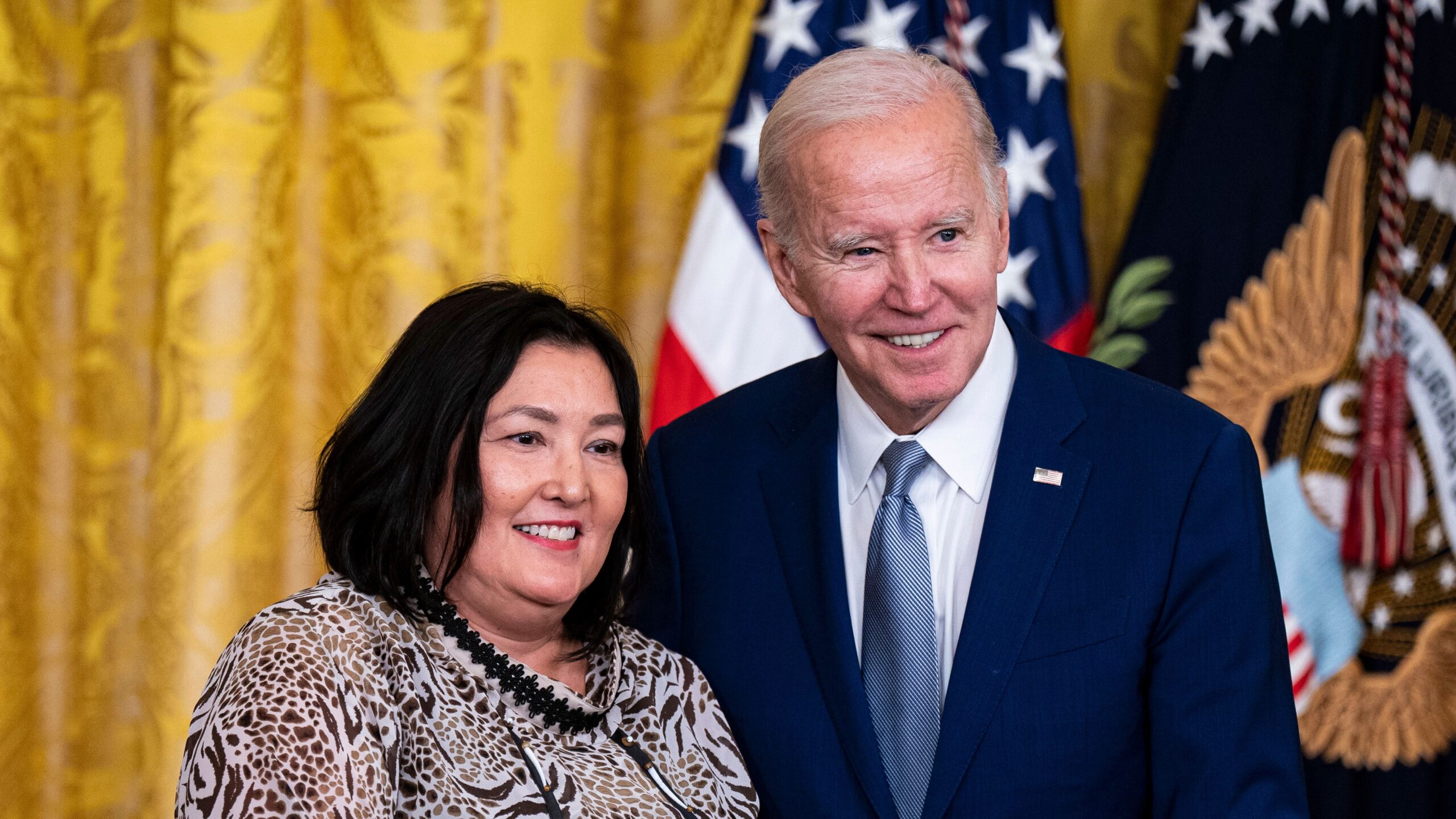With Abu-Jamal coming on, WRTI drops Pacifica
The prospect of radio commentaries by a controversial death-row inmate “accelerated” Temple University’s decision to pull Pacifica news off WRTI, the university said.
In a memo to Pacifica News Director Julie Drizin, Temple Vice President for Public Relations George Ingram said he was canceling a half-hour news feed and the one-hour Democracy Now to make room for additional jazz and university-related programming. But he also said: “Quite frankly, the decision was accelerated by the news Democracy Now would air the Mumia Abu-Jamal radio commentaries. . . .” The commentaries began airing in other cities last week.
Abu-Jamal, a former radio journalist in the city, was convicted in the 1981 shooting death of Philadelphia police officer Daniel Faulkner.
The WRTI decision echoes NPR’s 1994 cancellation of essays it commissioned from Abu-Jamal. NPR Managing Editor Bruce Drake said at the time it would be journalistically unsound to air the words of a convicted cop-killer without balancing pieces from law or victims’ rights groups.
According to the Philadelphia Inquirer, Temple’s Ingram referred back to that decision: “What’s good enough for NPR is good enough for me.” Though Philadelphia’s Fraternal Order of Police fueled the NPR controversy, it had no contact with Temple, said F.O.P. spokesman Dale Wilcox. “We weren’t even aware WRTI carries Pacifica.”
But politics may have played a role. Shortly after the cancellation, Temple administrators appeared before state legislators as part of an annual appropriations process. State funds account for one-third of Temple’s funding, sources say.
Pacifica loses WRTI and its dozen repeaters in three states, but its newscast will still air on Pacifica’s own five stations and about 25 affiliates, mostly left-leaning community-licensed stations. Drizin says WRTI management supports Pacifica but was overruled. Acting General Manager Tobias Poole would not comment.
Temple’s decision pleased critics of Abu-Jamal and outraged his supporters as well as such free-speech advocates as the Society of Professional Journalists. Students who work at WRTI are also protesting the issue.
Says Drizin: “Something is deeply wrong . . . that voters in Pennsylvania will not have the opportunity to hear . . . a man their government is planning to execute in their name.” The break with Pacifica was “clearly politically motivated censorship.”
Abu-Jamal advocates are using the latest commentaries to press the issue of reporter access to prisoners. Shortly after the pieces were recorded, Pennsylvania banned access to all prisoners. Other states have instituted similar bans.
Engineer Janice Leber and photographer Nolen Edmonston recorded and filmed Abu-Jamal through a thick plastic window, inside a tiny cubicle. Since then, according to Abu-Jamal advocates, Pennsylvania’s prison system has stepped-up harassment–for example, ordering him to cut his long dreadlocks.
Pacifica has offered the 13 Abu-Jamal pieces to WHYY, Philadelphia, but the station said it doesn’t air standalone commentaries. A local pirate radiio station says it will air the tapes, and commercial African-American stations may do so.







